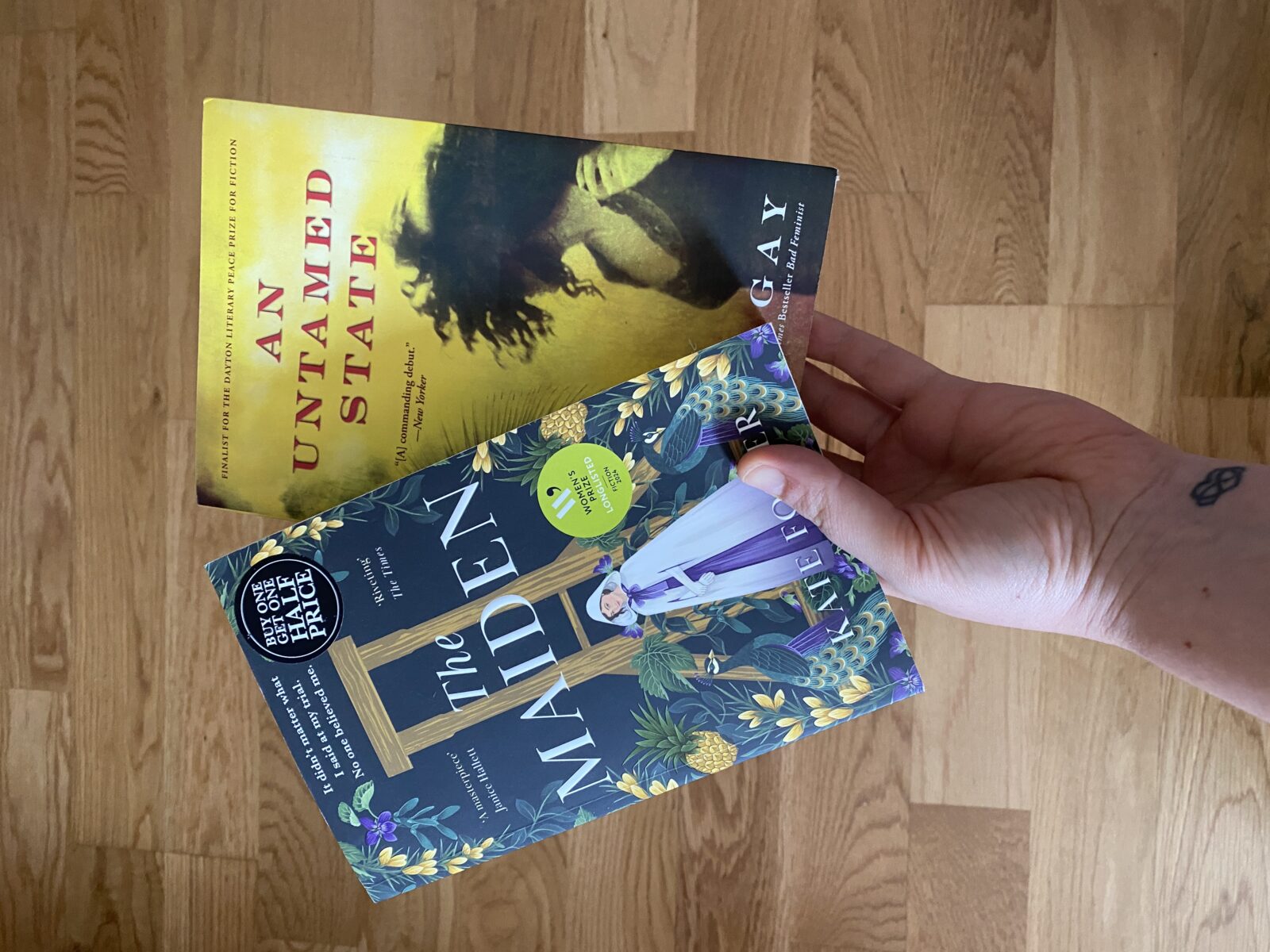The Maiden, Kate Foster
The Maiden, similar to The Marriage Portrait, both recognized by the Women’s Prize (long- and short-listed, respectively), re-tell the stories of real-life women, Christian Nimmo in the case of The Maiden and Lucrezia de’ Medici in The Marriage Portrait, but that is where the similarities end. Where one sees the main character fleeing attempts at her life, the other is attempting to flee murder charges, and at least in my case, I was rooting for them both. Christian Nimmo murdered her uncle by sword on the property of his home, after being pursued by him relentlessly since she was a child. After convincing her to leave her husband for him, she discovers that he is a womanizer and that all of the promises he made her are meaningless. Though she is not the only woman present at the murder, she is the only one charged, and Foster’s skillful narration keeps readers guessing as to who will actually be convicted, if anyone, and as mentioned previously, hoping that everyone will escape unscathed (except for the uncle, of course).
An Untamed State, Roxane Gay
I have had this book not only on my list, but also physically in my house, for forever, and it is because as Gay’s only piece of fiction, I surmised that she might have used it to process an incident that happened to her when she was only an adolescent. I won’t mention anything else about it here, mainly because the info can easily be found through a quick Google, only to say that it was profoundly violent and traumatic. It was with this mindset that I began An Untamed State, about a Haitian-American woman who goes to Port-Au-Prince with her husband and baby son to visit her parents, and while there, is kidnapped by a gang that demands a large sum of money for her return. Her father refuses to pay (although he is more than able to), and as a result, she is beaten and raped every day for 13 days, until her father finally capitulates. Even though this series of events takes up two-thirds of the book, it is the final third where Gay’s prose really demonstrates her ability to talk about difficult things in the most human of ways, and it is this part that any reader (but especially women) can relate to, because we know it is not what is done to us, but how we survive it, that really matters.

